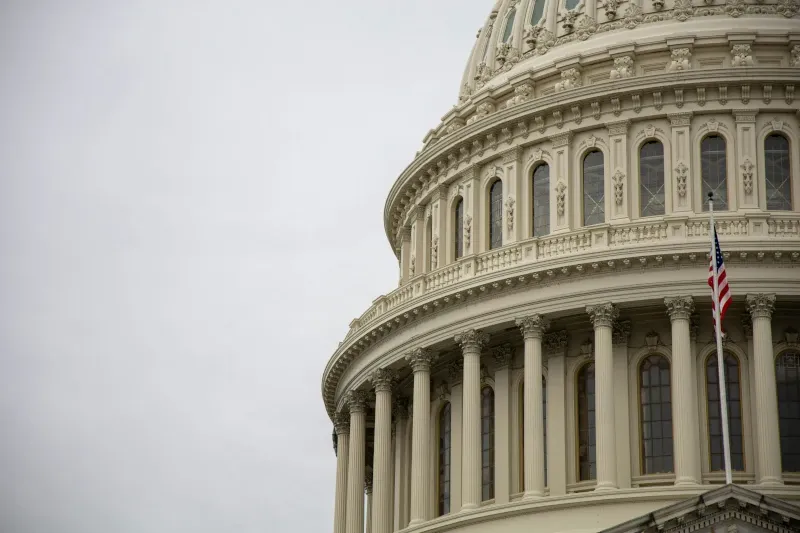Government Price negotiations on Ozempic and Wegovy
The government has selected Ozempic and Wegovy for price negotiations -- are we going to see cheaper prices?

GLP1 Receptor Agonists have certainly reached wide availability for older people first. Medicare and Medicaid have been covering Ozempic and Wegovy for awhile:

While it isn't easy for most of the rest of the USA to get coverage for GLP1s via insurance, it's particularly easy for those who some might agree most need it. Carrying less weight into old age is almost always a good idea.
Recently the AP reported that the government has started price negotiations for Ozempic and Wegovy:

Want to read the rest of our coverage on the various negotiations and implications for medicare/medicaid? The rest of this article is no longer available for free – if you'd like to read the rest of our analysis, check us out on Substack:






